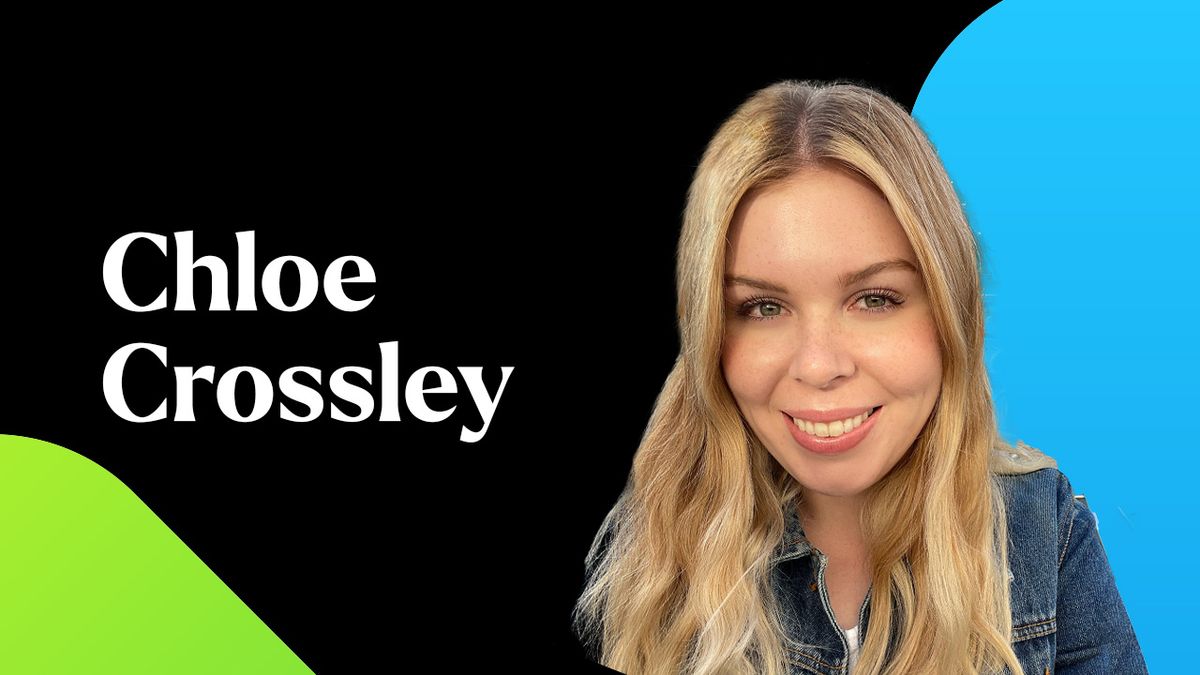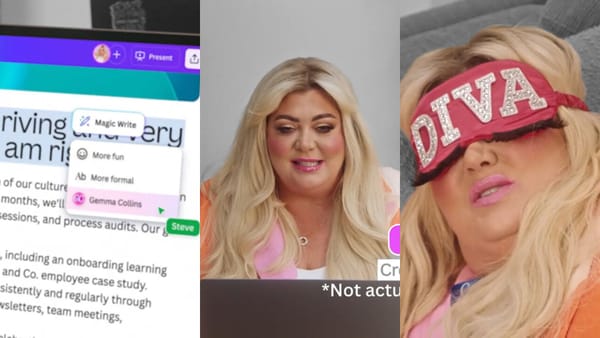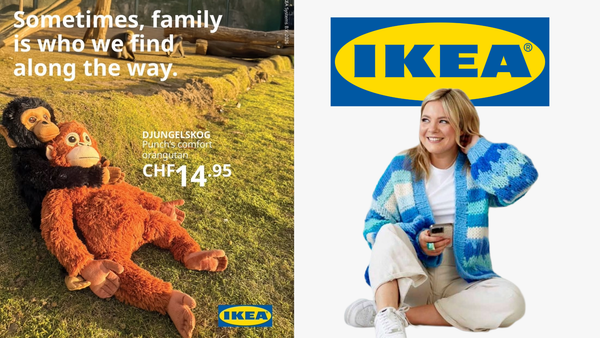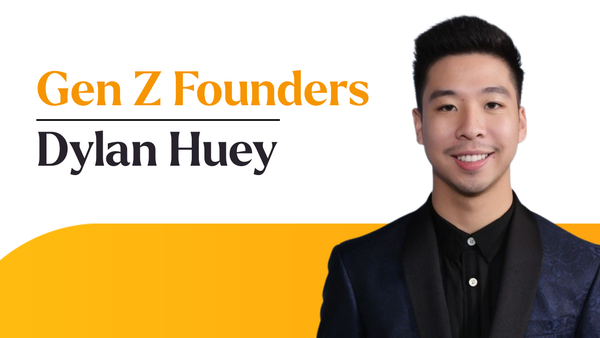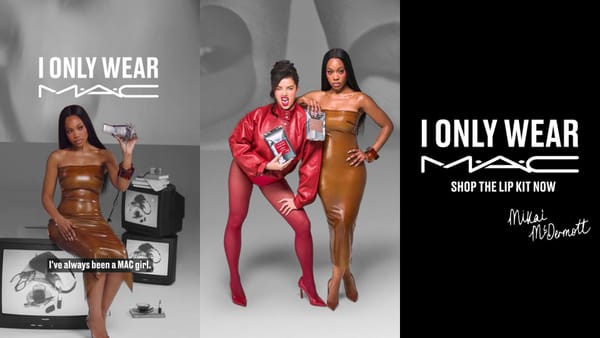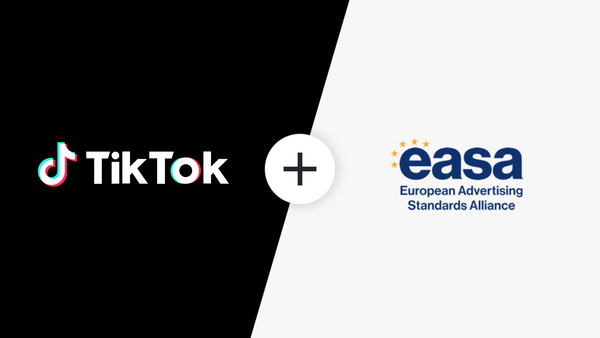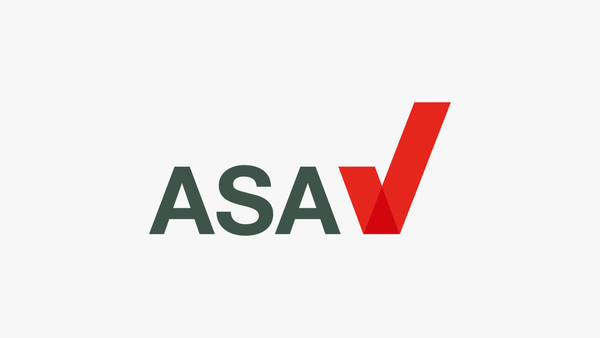The trouble began when beauty TikTok influencer, Mikayla Nogueira, shared a sponsored post promoting a L’Oréal Paris product to her 14.4 million followers.
Previously, Nogueira’s biggest complaint from users was her “Boston accent.” But as viewers absorbed the TikTok collaboration featuring the cosmetic brand’s new Telescopic lift mascara, the “lashlighting” charge erupted.
Nogueira’s fans have grown accustomed to her brutally honest yet light-hearted makeup reviews and tutorials. But those fans were quick to call her out for appearing to wear false eyelashes.
Influencers live or die by authenticity
In the makeup video, you can see a surprising difference between the before and after reveal. If fans have been misled, both Nogueira’s and L’Oréal’s authenticity is going to be questioned.
Authenticity is key for consumers when it comes to influencer advertising on social media as consumers rely on influencers like their friends. Google research indicates that more than half of consumers consider the influencers they follow to be an extension of their circle of friends. Smartbrief’s survey was even more favourable to influencers: it found that 70% of consumers trust the opinions of influencers as much or more than their real-world friends.
Those high levels of trust increasingly come with greater responsibility — and regulatory scrutiny that portends more serious consideration of the brand-agency-influencer dynamic.
Want to read more? Become a Partner+!
Sign up now and upgrade your account to read the post and get access to the full library Partner+ posts and other exclusive benefits.
Enjoy a FREE trial. 14 days on us, cancel anytime.
Start Your Free Trial
Already have an account? Sign in


